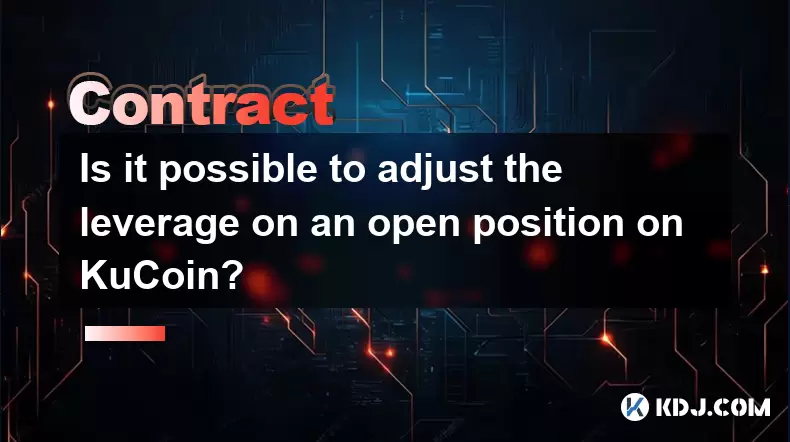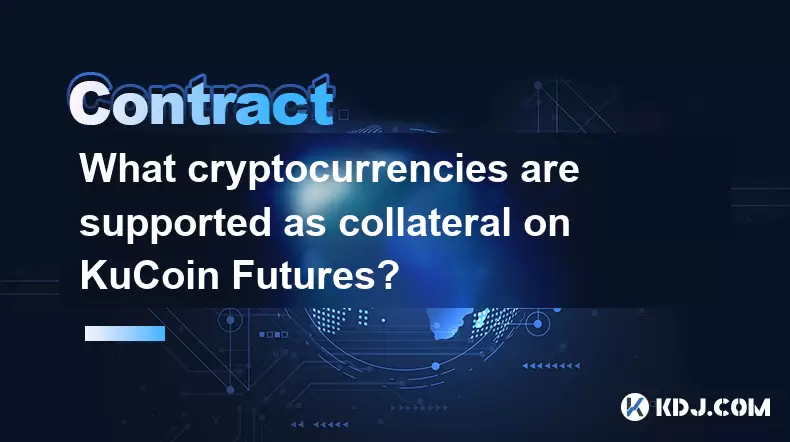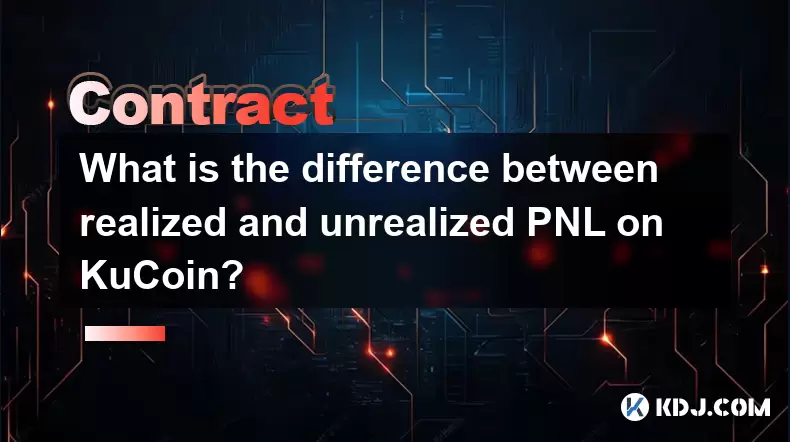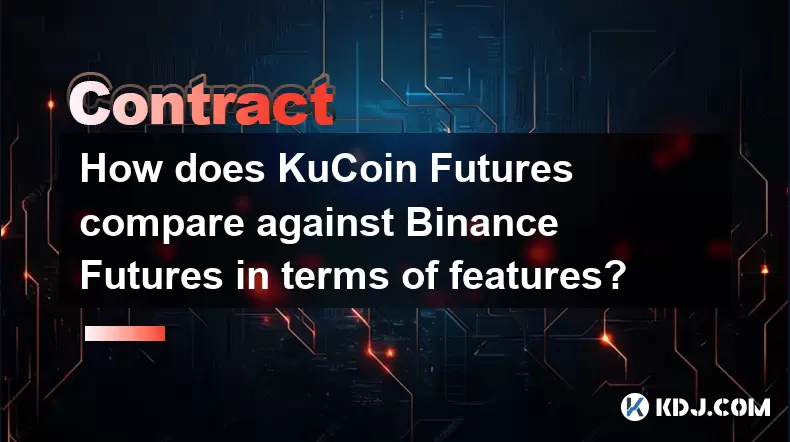-
 Bitcoin
Bitcoin $117600
0.25% -
 Ethereum
Ethereum $4424
0.10% -
 XRP
XRP $3.101
0.50% -
 Tether USDt
Tether USDt $1.001
-0.01% -
 BNB
BNB $836.2
1.26% -
 Solana
Solana $188.8
2.11% -
 USDC
USDC $1.000
0.01% -
 Dogecoin
Dogecoin $0.2301
0.57% -
 TRON
TRON $0.3485
-1.00% -
 Cardano
Cardano $0.9209
-1.34% -
 Hyperliquid
Hyperliquid $46.72
-1.19% -
 Chainlink
Chainlink $22.62
4.84% -
 Stellar
Stellar $0.4275
-0.38% -
 Sui
Sui $3.761
1.91% -
 Bitcoin Cash
Bitcoin Cash $586.7
-0.25% -
 Ethena USDe
Ethena USDe $1.001
0.01% -
 Hedera
Hedera $0.2510
2.06% -
 Avalanche
Avalanche $24.21
2.22% -
 Litecoin
Litecoin $119.7
1.07% -
 Toncoin
Toncoin $3.450
1.06% -
 UNUS SED LEO
UNUS SED LEO $9.411
-0.93% -
 Shiba Inu
Shiba Inu $0.00001298
1.20% -
 Uniswap
Uniswap $10.98
3.25% -
 Polkadot
Polkadot $3.961
2.16% -
 Dai
Dai $1.000
0.00% -
 Bitget Token
Bitget Token $4.642
0.95% -
 Cronos
Cronos $0.1514
0.57% -
 Ethena
Ethena $0.7290
3.78% -
 Monero
Monero $254.1
7.69% -
 Pepe
Pepe $0.00001102
2.47%
How long does it take for Deepcoin contracts to settle?
While Deepcoin contract settlement times typically vary depending on factors such as contract type and market conditions, futures contracts usually settle within 24 hours of expiration.
Dec 02, 2024 at 03:41 am

How Long Does It Take for Deepcoin Contracts to Settle?
The settlement time for Deepcoin contracts can vary depending on several factors, including the specific contract type, market conditions, and any potential delays encountered during the settlement process. This article provides a comprehensive analysis of settlement times for Deepcoin contracts, addressing key questions and offering detailed insights into the factors that influence the duration of the settlement process.
Factors Affecting Deepcoin Contract Settlement Times
The following factors can significantly impact the settlement time of Deepcoin contracts:
- Contract Type: Different types of contracts have different settlement timelines. Standard futures contracts typically settle within one business day, while perpetual futures contracts have no fixed settlement date.
- Market Conditions: Highly volatile markets can cause delays in trade executions and subsequent settlement processes. Extreme price movements or a lack of liquidity can lead to longer settlement times.
- Processing Time: Deepcoin employs a rigorous verification and validation process to ensure the accuracy and integrity of settlement procedures. This process can take time to complete, especially during periods of high trading volume.
- Third-Party Dependencies: Certain aspects of the settlement process may involve third-party services, such as payment gateways or custody providers. Delays or technical issues on their side can impact the overall settlement timeline.
Settlement Process for Deepcoin Contracts
The settlement process for Deepcoin contracts typically involves the following steps:
- Contract Execution: When a contract is successfully executed, the relevant positions and obligations are recorded on the blockchain.
- Margin Settlement: Any required margin adjustments, such as margin calls or profit distributions, are calculated and processed.
- Funds Transfer: The exchange or clearinghouse facilitates the transfer of funds between traders based on the contract outcomes. This step involves communication with external payment systems or wallets.
- Verification and Confirmation: Deepcoin's risk and compliance teams conduct thorough reviews to ensure the validity and accuracy of settlement transactions.
- Completion: The settlement process is complete once the funds transfer is confirmed and all obligations under the contract are fulfilled.
Typical Settlement Timelines for Deepcoin Contracts
Based on the factors discussed earlier, the typical settlement timelines for Deepcoin contracts can vary as follows:
- Standard Futures Contracts: Standard futures contracts typically settle within one business day, usually within 24 hours of contract expiration.
- Perpetual Futures Contracts: Perpetual futures contracts do not have a fixed settlement date and continue indefinitely until a trader decides to close their position. The settlement process for closing perpetual futures positions typically aligns with the standard futures contract settlement procedures.
Monitoring and Managing Delays
In case of delays or issues during the settlement process, Deepcoin traders can take the following steps:
- Contact Deepcoin's customer support team for status updates and assistance.
- Monitor the official Deepcoin communication channels, such as social media or email announcements, for any updates on settlement delays.
- Review the contract specifications and trading history to identify any potential discrepancies or errors.
Conclusion
The settlement time for Deepcoin contracts is a multifaceted process influenced by various factors. By understanding these factors and the typical settlement timelines, traders can effectively manage their positions and expectations. Deepcoin's commitment to rigorous verification, risk management, and compliance ensures the accuracy and integrity of settlement procedures while maintaining efficient processing times.
Disclaimer:info@kdj.com
The information provided is not trading advice. kdj.com does not assume any responsibility for any investments made based on the information provided in this article. Cryptocurrencies are highly volatile and it is highly recommended that you invest with caution after thorough research!
If you believe that the content used on this website infringes your copyright, please contact us immediately (info@kdj.com) and we will delete it promptly.
- Kazakhstan's Crypto Leap: Bitcoin ETF and Central Asia's Digital Finance Future
- 2025-08-13 12:45:19
- BlockDAG Presale Blazes Past $371M: Fundraising Frenzy Fuels Crypto Sensation
- 2025-08-13 13:05:21
- Meme Coins: Chasing the 2025 Surge – Which Will Moonshot?
- 2025-08-13 10:25:23
- Bitcoin's Wild Ride: Rally, Pullback, and What's Next
- 2025-08-13 10:25:23
- Bitcoin, Bitmax, and Institutional Demand: A New Era of Crypto Investment
- 2025-08-13 10:45:12
- Solana, ROAM, and Airdrops: What's the Buzz in 2025?
- 2025-08-13 11:35:13
Related knowledge

Is it possible to adjust the leverage on an open position on KuCoin?
Aug 09,2025 at 08:21pm
Understanding Leverage in KuCoin Futures TradingLeverage in KuCoin Futures allows traders to amplify their exposure to price movements by borrowing fu...

What cryptocurrencies are supported as collateral on KuCoin Futures?
Aug 11,2025 at 04:21am
Overview of KuCoin Futures and Collateral MechanismKuCoin Futures is a derivatives trading platform that allows users to trade perpetual and delivery ...

What is the difference between realized and unrealized PNL on KuCoin?
Aug 09,2025 at 01:49am
Understanding Realized and Unrealized PNL on KuCoinWhen trading on KuCoin, especially in futures and perpetual contracts, understanding the distinctio...

What different order types are available to use on KuCoin Futures?
Aug 13,2025 at 11:35am
Understanding Order Types on KuCoin FuturesKuCoin Futures offers a comprehensive range of order types to accommodate different trading strategies and ...

How does KuCoin Futures compare against Binance Futures in terms of features?
Aug 09,2025 at 03:22am
Trading Interface and User ExperienceThe trading interface is a critical component when comparing KuCoin Futures and Binance Futures, as it directly i...

How can I manage risk when applying high leverage on KuCoin?
Aug 13,2025 at 11:35am
Understanding High Leverage and Its Implications on KuCoinHigh leverage in cryptocurrency trading allows users to control larger positions with a rela...

Is it possible to adjust the leverage on an open position on KuCoin?
Aug 09,2025 at 08:21pm
Understanding Leverage in KuCoin Futures TradingLeverage in KuCoin Futures allows traders to amplify their exposure to price movements by borrowing fu...

What cryptocurrencies are supported as collateral on KuCoin Futures?
Aug 11,2025 at 04:21am
Overview of KuCoin Futures and Collateral MechanismKuCoin Futures is a derivatives trading platform that allows users to trade perpetual and delivery ...

What is the difference between realized and unrealized PNL on KuCoin?
Aug 09,2025 at 01:49am
Understanding Realized and Unrealized PNL on KuCoinWhen trading on KuCoin, especially in futures and perpetual contracts, understanding the distinctio...

What different order types are available to use on KuCoin Futures?
Aug 13,2025 at 11:35am
Understanding Order Types on KuCoin FuturesKuCoin Futures offers a comprehensive range of order types to accommodate different trading strategies and ...

How does KuCoin Futures compare against Binance Futures in terms of features?
Aug 09,2025 at 03:22am
Trading Interface and User ExperienceThe trading interface is a critical component when comparing KuCoin Futures and Binance Futures, as it directly i...

How can I manage risk when applying high leverage on KuCoin?
Aug 13,2025 at 11:35am
Understanding High Leverage and Its Implications on KuCoinHigh leverage in cryptocurrency trading allows users to control larger positions with a rela...
See all articles

























































































